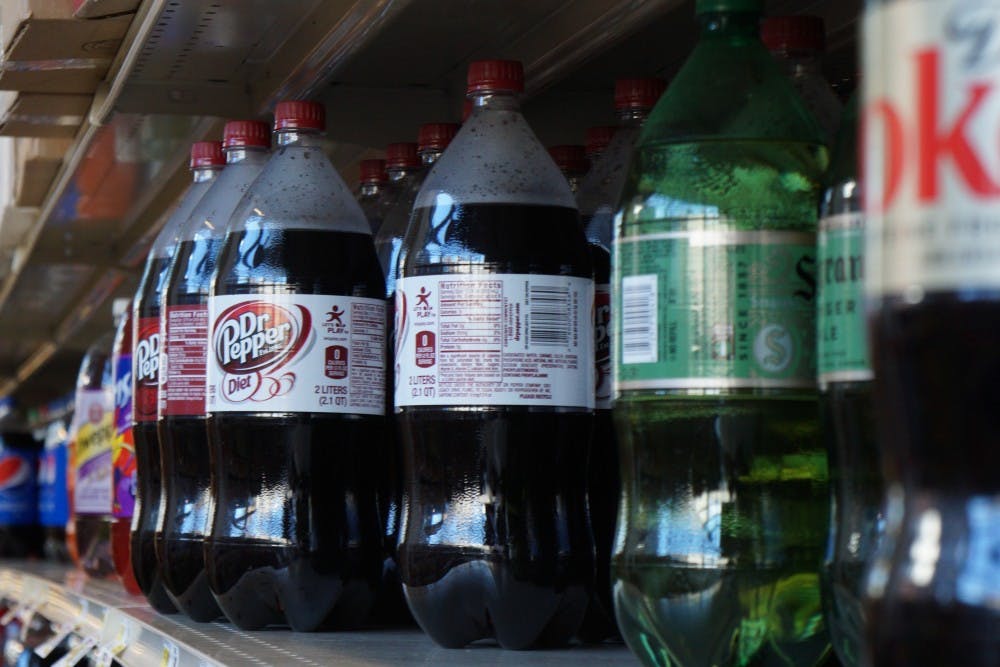
Two Penn grads and a Penn student have launched reBalance, an online platform allowing users to compensate waste workers to offset their plastic footprint.
Users sign up on the reBalance website and log how much plastic they use each year. The platform calculates the price of the expenditures and then prompts users to pay waste management organizations in India the price it would cost to recycle plastic.
The effort was co-founded by 2018 Wharton graduates Peter Wang Hjemdahl and Svanika Balasubramanian, in addition to Aditya Siroya, who is taking time off from his College and Wharton coursework to focus on the project.
In order to gain knowledge about the environmental impact of recycling organizations and speak to the waste workers, the team visited their partner organizations in India.
For Balasubramanian, this was her favorite part of building the initiative.
“Visiting their facilities multiple times each week and having struck friendships with their members, we've gained immense respect for the amazing work that they do," Balasubramanian wrote in an email to The Daily Pennsylvanian.
The funds from the customers are sent directly to waste worker cooperatives, who not only work to recycle plastic but also provide safe working conditions and livable wages for employees. The reBalance initiative allows customers to pay to have the plastic that they use recycled in order to prevent it from polluting the ocean.
In 2018, Hjemdahl and Balasubramanian won a President’s Engagement Prize for their earlier work on rePurpose, a middle school education curriculum aiming to inspire students in India to work for social and environmental change.
With their new platform, the group aims to make consumers plastic-neutral — meaning that they pay to recycle the plastic that they throw away.
“We know what we are attempting is ambitious,” Hjemdahl said in an email to the DP. “We want to fundamentally change how people consume and view their responsibility to the environment and fellow beings.”
Forty percent of plastics produced are disposable packaging, according to National Geographic. Only 9 percent of waste produced in the United States is recycled, lagging behind Europe, which recycles 30 percent of plastics.
The team is looking to build a community of reBalancers — those who take responsibility for their plastic waste production and become plastic-neutral. Their goal is to have 25,000 reBalancers on board by the end of the year.
The group even hopes that reBalancers will inspire change of their own, Siroya said.
"It's almost like the feeling that I imagine parents must have when they let their child, whom they have nurtured and cared for and stayed up sleepless nights for, out into the world alone for the first time," Siroya said in an email to the DP. "There is a sense of nervous excitement as to how the world will respond to reBalance and how reBalance leaves a footprint — not the plastic kind — on people's hearts and minds."
The Daily Pennsylvanian is an independent, student-run newspaper. Please consider making a donation to support the coverage that shapes the University. Your generosity ensures a future of strong journalism at Penn.
Donate







